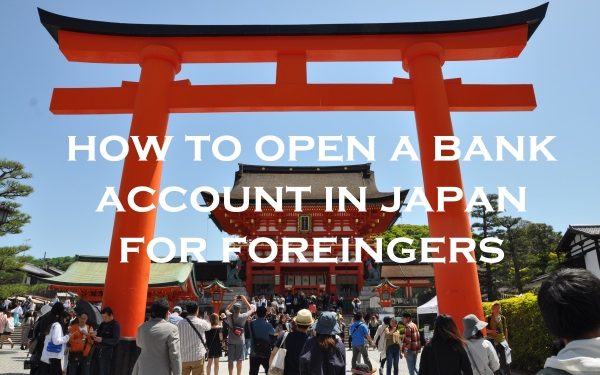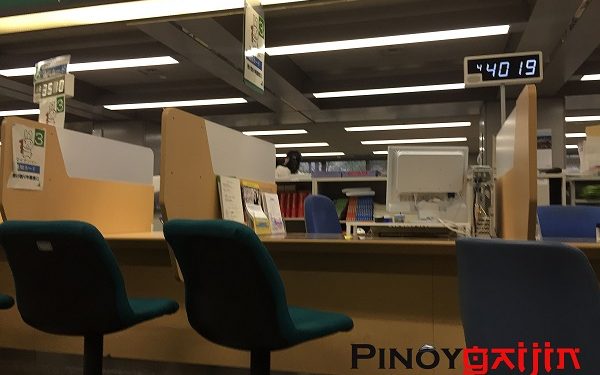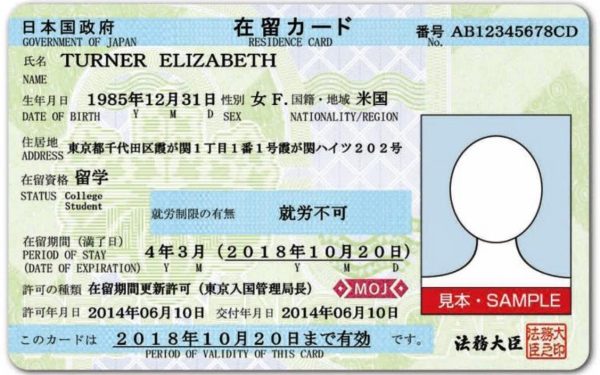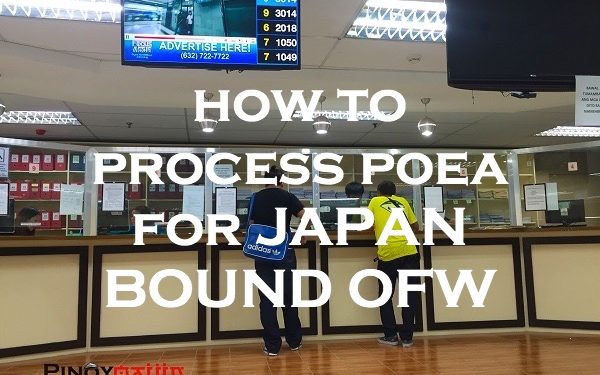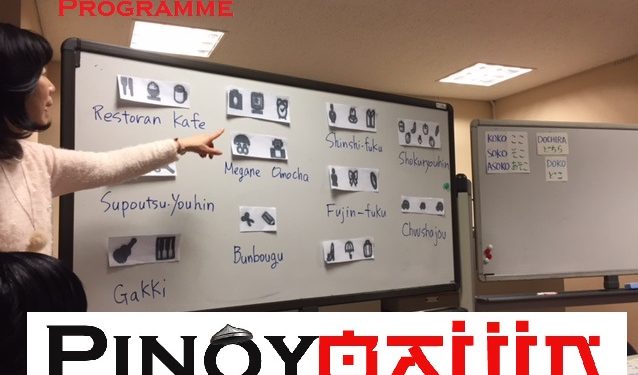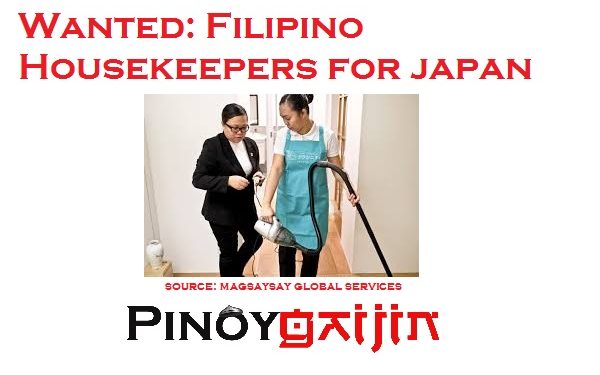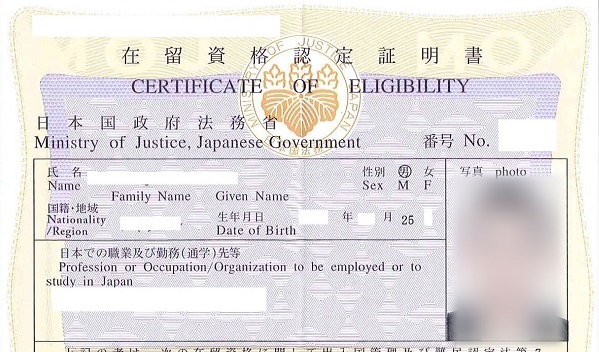One of the most important thing you need to obtain once you landed in Japan is your Residence Card.
First, what is Japanese Residence Card? According to Japanese Immigration site
A residence card shall be issued to a foreign national who has stayed in Japan for a mid- to long term as a result of having obtained permits relating to the status of residence, such as a new landing permit, a permit for a change of the status of residence, and a permit for the extension of the period of stay (a mid- to long term resident). Therefore, a residence card has the nature of a certificate with which the Minister of Justice proves that the relevant foreign national legally stays in Japan with the status of residence that permits him/her to stay in Japan for a mid- to long term, up to the permitted period of stay. At the same time, a residence card, which is issued upon obtaining permits relating to the status of residence other than a landing permit, also has the nature of being a written permit, acting as a formal permit in lieu of seals for various permits previously affixed on a passport.
A residence card contains the important part of the personal information held by the Minister of Justice, such as name, birth date, gender, nationality/region of origin, address, status of residence, period of stay, and whether or not he/she can work. If there is any change in these matters, the relevant person is obliged to notify the change. Therefore, the latest information shall always be reflected in a residence card. A residence card for a person aged 16 or over also contains a photograph of his/her face.
A conventional alien registration certificate held by a mid- to long term resident shall be deemed equivalent to a residence card for a certain period of time, in procedures for departure from Japan with a Special Re-entry Permit or for other various applications to be filed at immigration bureaus, as well as in procedures for notification of domicile, etc. to be carried out at municipal government offices.
SO HOW TO GET YOUR JAPANESE RESIDENCE CARD?
Continue reading How to get your Japanese Residence Card →

